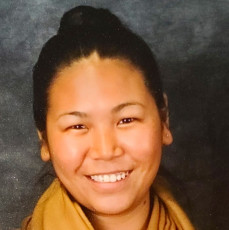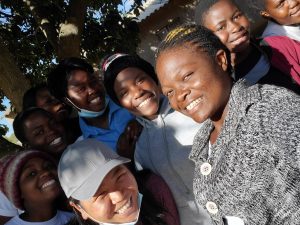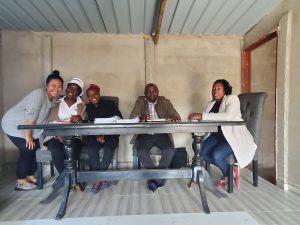I grew up in a beautiful country called Nepal and moved to the U.S. around ten years ago. I belong to a tribe called Sherpa, known as fearless mountaineers. Therefore, like most Sherpas living abroad, I have been asked multiple times if I have climbed Mount Everest yet. My answer always is, “No, I have not.” Although I appreciate that this question works as an ice breaker for many conversations, I sometimes sense that people have a hint of disappointment with my answer. Perhaps, those who have never visited Nepal assume that for Sherpas, climbing mountains is a very casual activity; therefore, everyone must have done that.
Though the question never bothered me, it made me realize that very little is known about who Sherpas are and their struggles. Maybe this is because the media mostly highlights triumphant climbs that create world records by pushing the boundaries of what is possible. Sadly, that’s not the complete story. Many successful summits have tragic stories that don’t make it to the front pages of newspapers. Underneath those breathtakingly beautiful mountains, many lives have disappeared, leaving behind struggling family members. On average, according to World Economic Forum, some of the mountains of Nepal, such as Mount Everest, Annapurna, and Kangchenjunga, have a fatality rate of 14.1%, 29%, and 29.1%, respectively.
Climbing is a risky choice that many Sherpas have to make for their livelihoods. Inspite of knowing the risks all too well and witnessing the consequences, every year, thousands of Sherpas go on expeditions, betting with their lives and testing their destiny time and again. Therefore, when people ask any Sherpas if they have climbed Mount Everest just because they belong to the Sherpa community, the question assumes that Sherpas are born with the inherent ability to climb mountains. This notion discounts and overlooks the years of training, hardships, sacrifices, and struggles that go into becoming expert climbers. Additionally, this question also implies that the ones who haven’t climbed aren’t Sherpa enough. Mountaineering is not the only identity of Sherpas. It is an ethnic community with distinct traditions and rich culture as well.
Sometimes, the most straightforward question can provoke the deepest understanding. And through my own experience, I have learned not to assume and be mindful of the questions I ask while learning about a new culture. The best way to gain a new perspective is by traveling, engaging with locals, and through immersive experiences. When you visit a country to understand its culture and people, your learnings are based on the reality of the grounds, which is more profound than the knowledge you get through passive outlets such as television, books, or news articles alone.
For me, this summer is another opportunity to challenge my preconceived notions and gain perspective about a new culture. I will be in a continent that I know very little about and a country so different from the one I grew up in. As an AP Peace Fellow, I will be in Harare, Zimbabwe, working with the Women Advocacy Project (WAP), supporting their efforts to abolish early child marriage practices. This fellowship is symbolic in many ways. Firstly, this will be my first ever travel to an African country. Second, working with WAP also marks as my first assignment in this new career path I embarked on last year after quitting five years of a corporate job. Lastly, and most importantly, through WAP, I will be able to contribute towards a cause that I resonate with and advocate for, women’s education and entrepreneurship. Overall, I am looking forward to broadening my perspective and learning about Zimbabwe, and understanding the similarities and differences between Nepal and Zimbabwe in issues such as early child marriages, education, poverty, and gender disparities. Let the journey begin…
Posted By Dawa Sherpa
Posted Jun 5th, 2022




1 Comment
Iain Guest
June 30, 2022
So interested to hear about your own background, Dawa! We at AP love it when we can help students from one continent and culture to work in a totally different environment and are very proud of our Fellows who boldly make the effort! we know that you’ll bring all kinds of personal and professional skills to the job in Zimbabwe. Reading this blog makes me ask how your own background in Nepal will influence your fellowship and support for WAP. I hope you can circle back to that later!